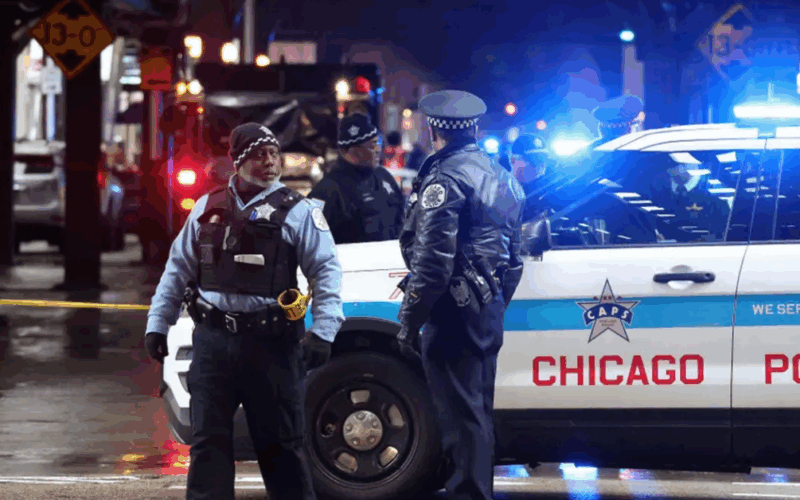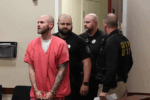Chicago, IL – Chicago witnessed a devastating surge in violence over the Labor Day weekend, with at least 54 individuals shot and seven fatalities reported across the city. This tragic weekend of bloodshed occurred amid heightened political tensions as Mayor Brandon Johnson formally rejected President Donald Trump‘s offer to intervene with federal forces to tackle the ongoing crime crisis.
The shootings, spanning multiple unrelated incidents, have yet to result in many arrests, underscoring the city’s ongoing struggle with gun violence. As the city mourns its lost lives, a contentious debate over law enforcement’s role in addressing the spike in shootings is intensifying.
Mayor Johnson’s Firm Stand Against Federal Intervention
On Saturday, Mayor Brandon Johnson signed an executive order explicitly prohibiting Chicago police officers from cooperating with federal agents or the National Guard in activities such as patrols, arrests, or immigration enforcement. Speaking at a news conference alongside other city leaders, Johnson stated:
“This executive order makes it emphatically clear that this president is not going to come in and deputize our police department. We will protect our Constitution, we will protect our city, and we will protect our people.”
The mayor criticized the prospect of deploying federal forces, vividly opposing the presence of “tanks in our streets,” the disruption of families, and the mistreatment of vulnerable populations like the homeless.
- Chicago police officers will continue to enforce local and state laws independently.
- They will not collaborate with the National Guard or federal agents for law enforcement purposes.
- Johnson described Trump’s plan as the “most flagrant violation of our constitution.”
Presidential Response and Political Clash
The White House responded swiftly, dismissing Mayor Johnson’s executive order and accusing local Democrats of politicizing crime-fighting efforts. White House spokeswoman Abigail Jackson told Reuters:
“If these Democrats focused on fixing crime in their own cities instead of doing publicity stunts to criticize the President, their communities would be much safer.”
This exchange highlights the deep political divide over strategies to reduce violence amid Chicago’s ongoing public safety challenges.
The Scale and History of Chicago’s Gun Violence Problem
Chicago’s challenges with gun violence have persisted for decades, with significant casualties recorded during major holiday weekends this year. Notable recent data include:
- Labor Day weekend 2023: 54 shot, 7 killed.
- July 4 weekend 2023: 55 shot, 6 killed.
- Memorial Day weekend 2023: 22 shot, 2 killed.
Overall, city data reveal 272 homicides so far this year, including 225 fatal shootings, underscoring the urgent need for effective crime reduction measures.
Arguments and Implications for the Future of Public Safety
The current standoff raises critical questions about the best approach to reduce Chicago’s gun violence epidemic. Mayor Johnson’s administration prioritizes local control and constitutional protections, while federal officials push for more direct intervention.
Key implications include:
- The potential expansion or limitation of federal law enforcement involvement in urban crime-fighting.
- The balance between public safety initiatives and civil liberties protections.
- The impact of political rhetoric on local crime reduction strategies.
As Chicago continues grappling with gun violence, stakeholders seek solutions that both protect communities and respect legal boundaries.




